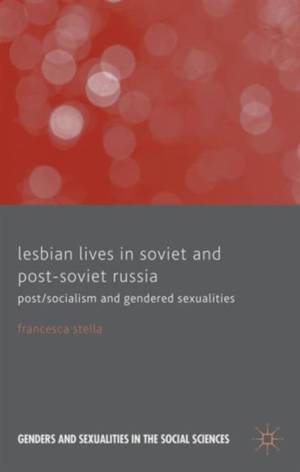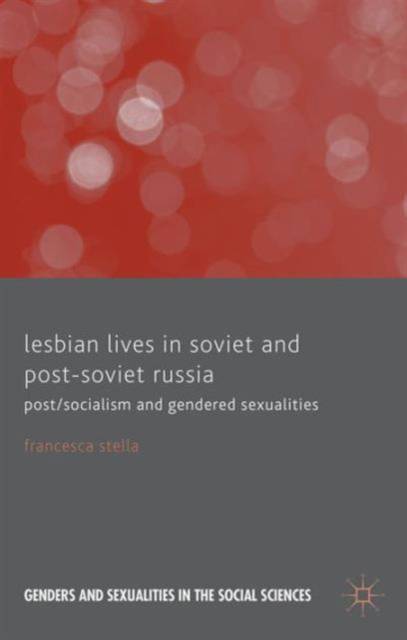
- Retrait gratuit dans votre magasin Club
- 7.000.000 titres dans notre catalogue
- Payer en toute sécurité
- Toujours un magasin près de chez vous
- Retrait gratuit dans votre magasin Club
- 7.000.0000 titres dans notre catalogue
- Payer en toute sécurité
- Toujours un magasin près de chez vous
212,45 €
+ 424 points
Description
This book explores the everyday lives of 'lesbian' women in urban Russia. It explores changes and continuities by examining generational differences, and attends to regional variation by considering what 'lesbian' life looks like in different locations, problematising essentialist accounts of Russian sexualities and western-centric theorizations.
Spécifications
Parties prenantes
- Auteur(s) :
- Editeur:
Contenu
- Nombre de pages :
- 192
- Langue:
- Anglais
- Collection :
Caractéristiques
- EAN:
- 9781137321237
- Date de parution :
- 17-11-14
- Format:
- Livre relié
- Format numérique:
- Genaaid
- Dimensions :
- 142 mm x 216 mm
- Poids :
- 399 g

Les avis
Nous publions uniquement les avis qui respectent les conditions requises. Consultez nos conditions pour les avis.






